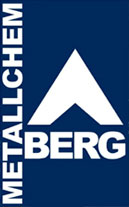With an experience of over 20 years in the production of zinc oxide, projecting and manufacturing various industrial equipments for the production of zinc oxide, projecting and production of equipment for hot dip galvanizing, zinc recovery of waste from the galvanizing process (ashes and dross), our company is at your disposition with the following products:
– Oxydation and melting ovens
– Cyclons
– Filters
With an inventive projecting department and experienced specialists in the production of specific equipment, our company is at your service for creating and producing equipment as requested by your specific needs.
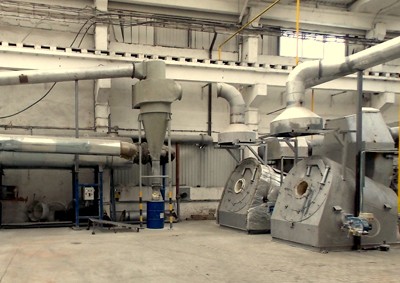
It is a full line, designed to produce ZnO by “french method”. It consists of oxidation oven, vacuum and distribution piping, fan, filter and cyclone, zinc ash smelting oven.
The Zinc Oxide line produces different purities of ZnO, according on the settings of operating cycle, with a production capacity of 40~ 50 to./month.
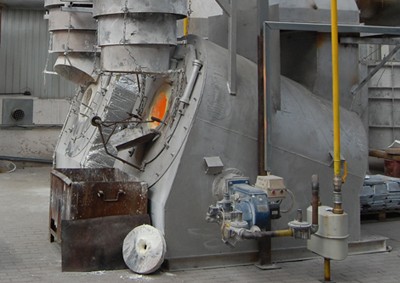
The ZnO production furnace is a high performance oven designed to produce ZnO, with a production estimated between 40 and 50 tons/month.
The oven can be used also for Zinc dross distillation in order to obtain Zinc CC(98%).
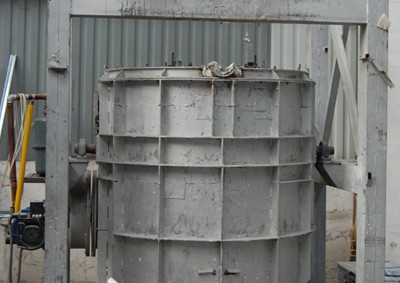
Destination: Melting of rich in Zinc smelting residues (dross, grains) in order to transfer liquid metal to the production ZnO furnaces.
It is an oven that works independently, able to serve through a pot or directly transfer one or more ovens for ZnO production.
ADVANTAGES: The tilting facility offers a wide range of masses that can charge the oven. In coordination with the ZnO production furnace, it can increase its production capacity by approximately 20%.
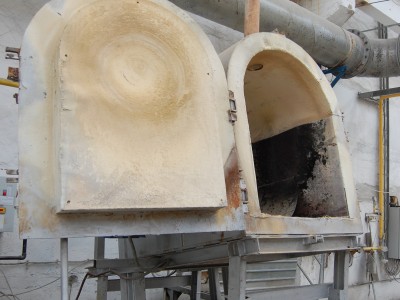
Destination: Metallurgical zinc extraction (CC) from zinc ashes.
ADVANTAGES: The zinc recovery is well balanced with loads of over a ZnO production lots.
It can increase the production capacity by approximately 20%.
For companies who have this type of waste (hot dip galvanizing units), the oven can be a business in itself, being able to contribute to the saving of raw material, namely Zn.
It must be mentioned that the residual material after processing is a salable product, leading effectively to ”zero” the technological losses!
